
Is depression the same today as it was in the 17th century? Is it the same thing in Nigeria as it is in the United States? One of the foremost historians of psychiatry weighs in.

Dr Aftab is a psychiatrist in Cleveland, Ohio, and clinical assistant professor of psychiatry at Case Western Reserve University. He writes online on his blog Psychiatry at the Margins.

Is depression the same today as it was in the 17th century? Is it the same thing in Nigeria as it is in the United States? One of the foremost historians of psychiatry weighs in.

In this installment of Conversations in Critical Psychiatry, a former United Nations Special Rapporteur discusses the need for a change in the status quo of mental health care.

In this conversation, a former APA president discusses mystical and meditative experiences, reconciling psychoanalysis and neuroscience, and tensions surrounding the medical model.

A lawyer discusses how the legal system treats (and mistreats) those with mental illnesses.

Beyond earning a medical degree, completing residency, and obtaining board certification and licensure, a psychiatrist's career grows to be illustrious with wisdom, curiosity, intellect, aesthetic sensitivity, compassion, empathy, generosity, and more.

Patient perspectives in academic discourse in psychiatry have historically been a neglected area. What are some of the consequences and implications of this absence? How has this affected both psychiatry and those who have been excluded? These questions and more are discussed.

General medical illness can contribute to affective disorders in elderly patients. Treating the medical illness is an integral part in treating depression in these patients.

How can we ensure that our attributions of meaning are not simply instances of creative storytelling?

Are current systems of mental health care alienating children and adults from the meaning inherent in their own emotional difficulties?

The story of depression, through time and around the world.
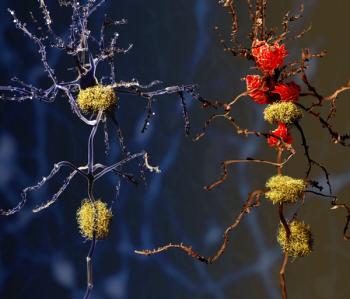
An interview with Kenneth S. Kendler, MD, vice-chair of the American Psychiatric Association DSM Steering Committee, author of more than 1200 articles, and one of the highest-cited researchers in psychiatry.

How can the best insights of mainstream and critical psychiatry be brought together?

How can psychotherapy become a mature science?

In this interview with Dr Aftab, Dr Dawson discusses how the rise of managed care industry and associated business forces have led to a profound deterioration of psychiatric practice environment in the United States.
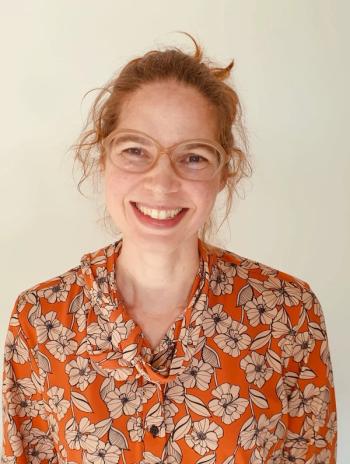
In this interview with Dr Aftab, Dr de Haan discusses her enactive approach to psychiatry which applies insights from enactivism to help conceptualize and navigate the immense complexity of factors that contribute to psychiatric disorders, and articulates the enactive view of psychiatric disorders as disorders of sense-making.

In this interview with Dr Aftab, Dr Nielsen discusses his approach to psychiatry which sees mental disorders as dysfunctions in the behavioral and experiential processes representing “sticky tendencies” in the human brain-body-environment system.
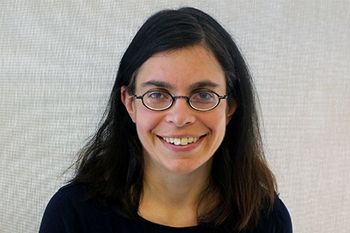
Having experienced psychosis herself, a psychologist wants us to rethink how we understand and treat this complex condition.

Dr Aftab reflects on his own worries about COVID-19 and offers tips to help guide what sort of future we are looking to create for ourselves during, and post, pandemic.
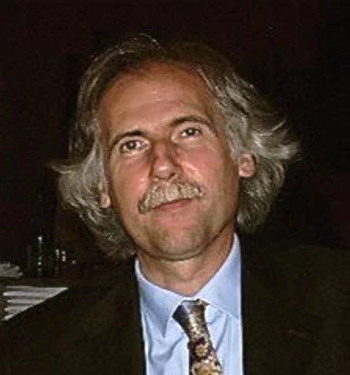
"It is simply wishful thinking to believe that one course of treatment may entail the solution to problems that we encounter in complex cases," says Dr Fava. Dr Aftab explores a multitude of issues in psychiatry and science in this interview.
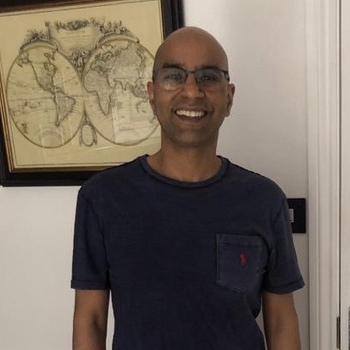
In this interview with Dr Aftab, Dr Huda discusses his views on the medical model in psychiatry, the misconceptions surrounding it, its strengths and limitations, and its relationship with other frameworks.

In this interview, Dr Aftab and Dr Johnstone discuss her criticisms of psychiatric diagnosis and her approach to psychological formulation as a conceptual alternative to diagnosis.
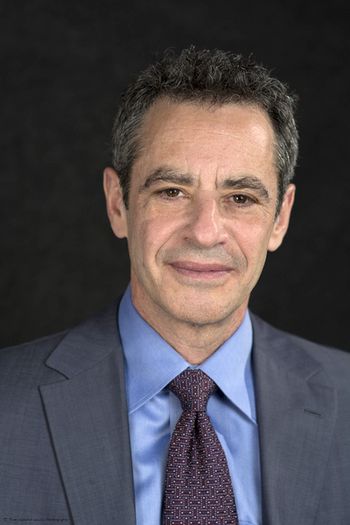
In this interview, Dr Aftab and Dr Shedler discuss the relationship between the psychoanalytic worldview and the medical model, and they reexamine the role of psychodynamic psychotherapy in contemporary psychiatry and psychology.
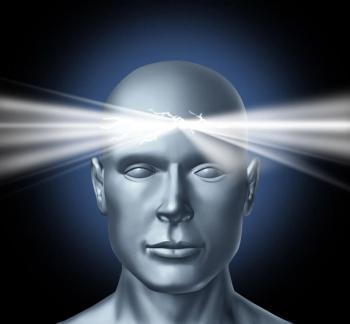
An interview with Dr Anne Harrington, who offers a stimulating and thought-provoking historical perspective on the evolution of biological psychiatry from the German histopathologists to the present time in her recent book.
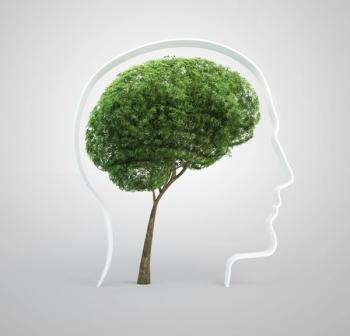
It is important that health care workers find ways of managing their anxiety and stress, which can otherwise become overwhelming. Dr Awais Aftab shares his own experience during the pandemic.

In this interview, Dr Aftab and Dr Pies revisit several debates concerning various criticisms of psychiatry that Dr Pies has been involved in over the course of his career, and they discuss how to make sense of the profession’s relationship with its critics.
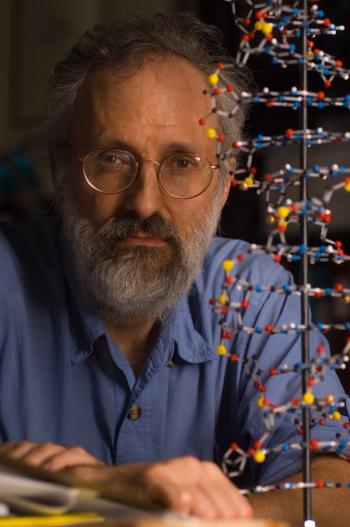
Awais Aftab, MD, interviews this highly respected psychiatrist and genetics researcher, who has been further catapulted into fame over the past two decades through his widely read philosophical commentaries.
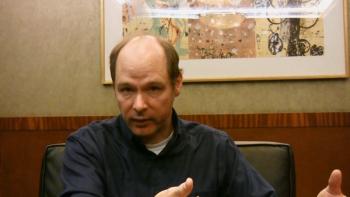
In this interview with Awais Aftab, MD, Dr Peter Zachar discusses how psychiatric disorders can be viewed through the lens of scientifically inspired pragmatism.

Dr Moncrieff’s ideas represent in many ways the enduring legacy of Thomas Szasz. In this probing interview with Dr Aftab, she challenges the medical view of mental disorders and argues that biological and behavioral conditions have a different relationship to agency.
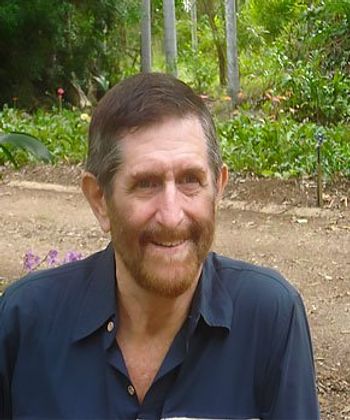
"There is a great deal that ails psychiatry-over-diagnosis, overtreatment, misallocation of resources, consistent breaches of patients’ fundamental human rights, and so forth," says Dr McLaren in this interview.
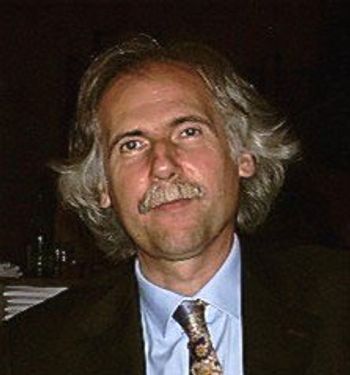
Dr Giovanni Fava shares his perspective on the current intellectual crisis in psychiatry and how it stems from a narrow concept of science which neglects clinical practice as a source of fundamental research questions.